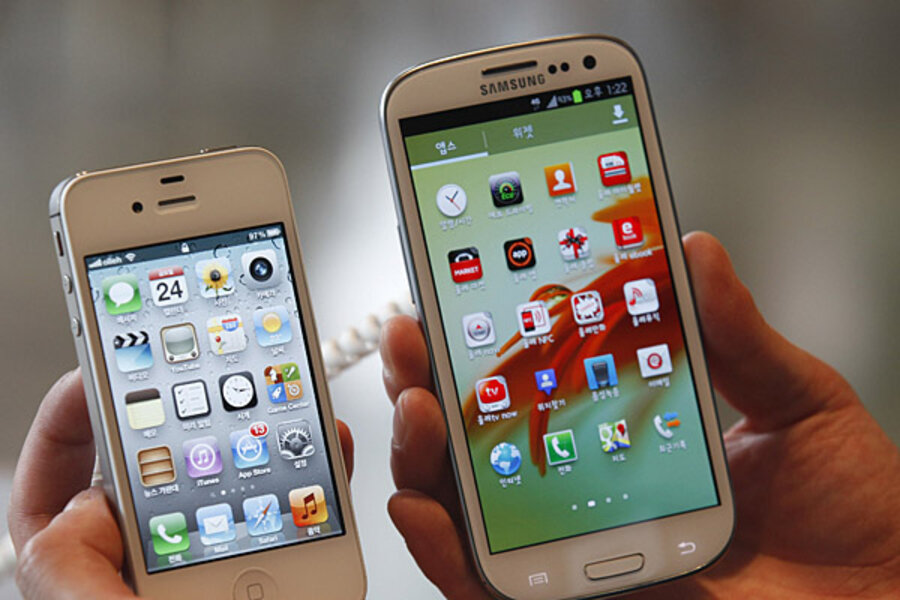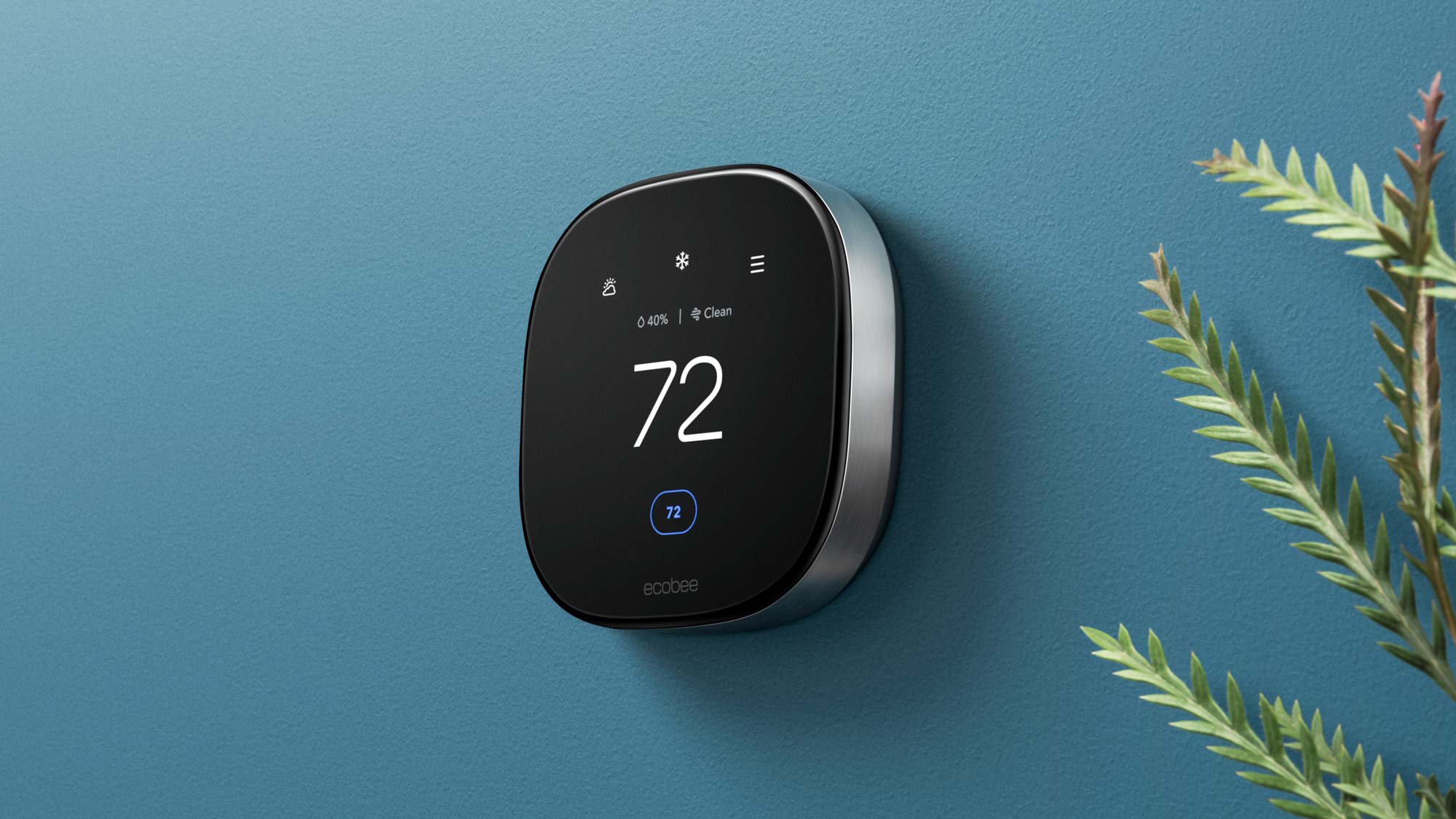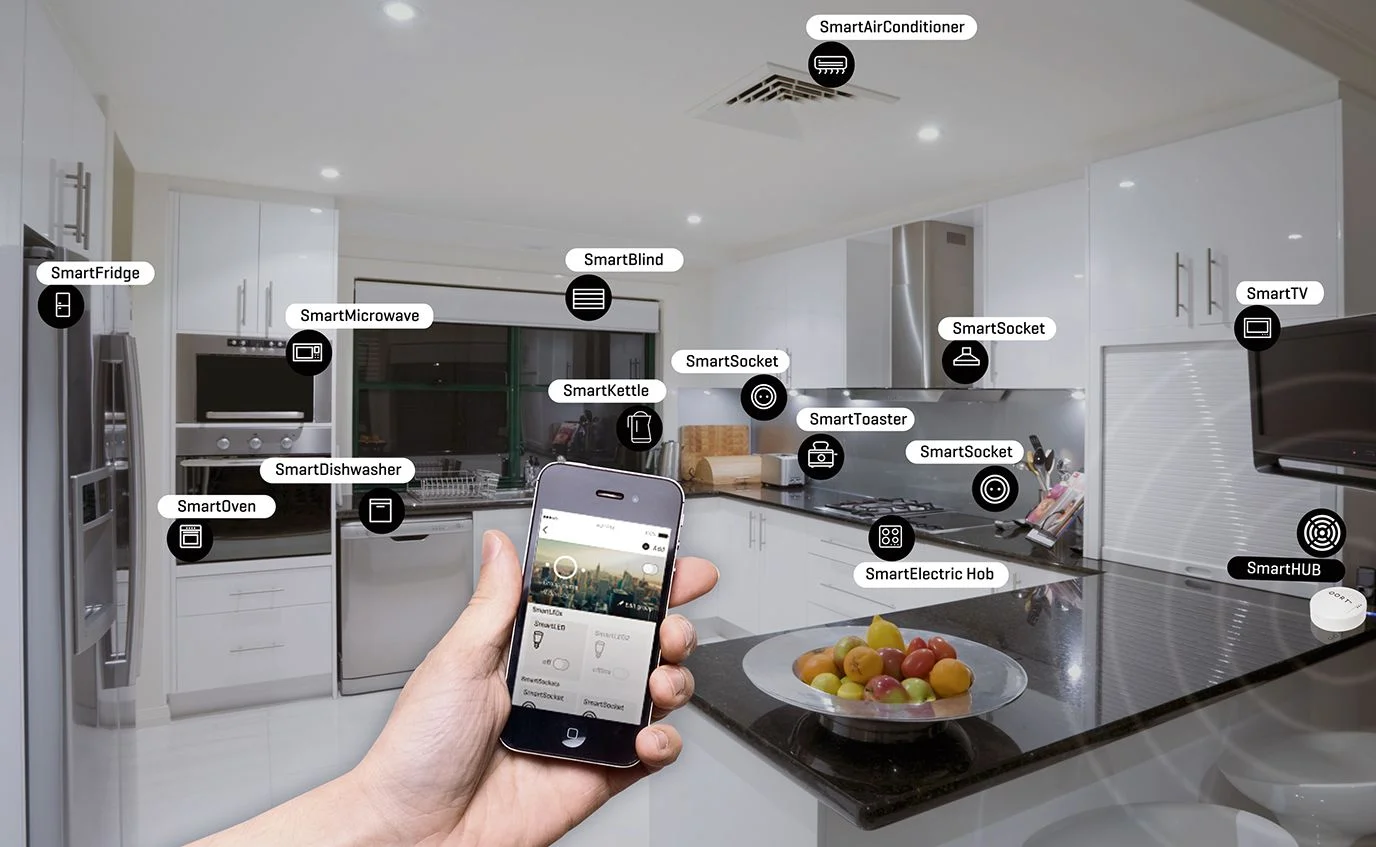In 2024, smartphone photography continues to be a driving force in how we capture and share our lives. With the latest advancements in mobile camera technology, even the casual photographer can create stunning images. But what if you have an older device? Fear not! This guide explores how to maximize the camera features on both the newest smartphones and older models, helping you achieve great results regardless of your hardware.
1. Understanding the Basics of Smartphone Photography
Before diving into specific tips for newer and older devices, it’s important to remember the fundamentals of photography: composition, lighting, and focus. Whether you’re using a cutting-edge camera or a basic one, following these principles ensures you’re making the most of your equipment:
- Composition: Use the rule of thirds, leading lines, and natural framing to add depth and interest to your shots.
- Lighting: Natural light is your best friend, especially in the golden hours of sunrise and sunset. Avoid harsh midday lighting or use shadows creatively.
- Focus: Always tap to focus on your subject, whether it’s a face, object, or landscape detail.
Now, let’s look at how to optimize these basics depending on your smartphone’s camera capabilities.
2. Harnessing the Power of New Smartphone Cameras
If you’re using one of the latest smartphones in 2024, congratulations! You have access to some of the most sophisticated camera systems ever developed for mobile devices. Here’s how to unlock their full potential:
- Take Advantage of AI-Powered Features: Most modern smartphones come with AI enhancements that automatically adjust settings like exposure, contrast, and saturation to produce the best possible shot. Features like “Scene Optimization” can detect if you’re shooting a sunset, food, or portrait and fine-tune accordingly.
- Pro Mode for Precision: Newer phones, including the latest iPhone and Android models, often have Pro or Manual modes, which allow you to adjust settings such as ISO, shutter speed, and white balance. These settings give you more control over the look and feel of your photos, particularly in challenging lighting conditions.
- Night Mode: Night Mode has revolutionized low-light photography. Use this feature to capture clearer, brighter images in dark environments, whether you’re shooting cityscapes, stars, or evening events.
- Macro and Telephoto Lenses: With many modern smartphones featuring both macro and telephoto lenses, you can now get close-up shots of tiny details or zoom in without losing image quality. Experiment with these lenses for creative perspectives.
- RAW Format: For those who like to edit their photos in post-production, shooting in RAW format (available on many new devices) retains much more image data than JPEG. This allows for greater flexibility when editing exposure, contrast, and color later.
3. Getting the Best Shots on Older Smartphones
If you’re not rocking the latest device, don’t worry! You can still capture great photos by focusing on technique and using apps that boost your phone’s camera capabilities. Here’s how:
- Use Third-Party Camera Apps: Apps like Camera FV-5 or ProShot can provide manual controls similar to what’s available on newer phones. They often offer features like long exposure, better HDR, and enhanced focus options, allowing you to push your older phone’s camera beyond its default settings.
- Work With Lighting: Older phones tend to struggle in low light, so aim for bright, well-lit environments. Soft natural light (like during the golden hour) can minimize noise and help your older camera perform better.
- Use HDR Mode: Most older smartphones have HDR (High Dynamic Range) mode, which helps balance out shadows and highlights, resulting in a more balanced photo, especially in high-contrast situations.
- Focus on Composition and Creativity: While you may not have the most advanced technology, using creative composition, experimenting with angles, and paying attention to background elements can significantly elevate your photos.
- Embrace Editing: You can still get professional-looking results with apps like Snapseed or Adobe Lightroom. Adjust brightness, contrast, sharpness, and saturation to fine-tune your photos post-capture, transforming an average image into something amazing.
4. Cross-Device Photography Tips for Everyone
No matter your smartphone model, these universal tips will help you improve your smartphone photography game:
- Clean Your Lens: It’s often overlooked, but smartphone lenses collect dust, fingerprints, and dirt easily. Clean your camera lens regularly to avoid blurry or smudged images.
- Keep Your Hands Steady: Camera shake can lead to blurry images. Hold your phone with both hands and use a tripod or prop it against something steady when needed. If your phone has optical image stabilization (OIS), it will help reduce blur from minor movements.
- Use Burst Mode for Action Shots: Whether you’re photographing a moving subject or trying to capture that perfect jump shot, burst mode (rapidly shooting several frames per second) increases your chances of getting the ideal photo.
- Experiment with Angles: Don’t always shoot from eye level. Try capturing shots from high up, down low, or through interesting objects for a more dynamic and visually appealing result.
- Mind the Background: Watch for distracting objects in the background that could take attention away from your subject. A clean, uncluttered background enhances your photo’s overall impact.
5. Staying Creative in 2024
Photography is an art form, whether you’re using the latest iPhone or an older Android device. Stay creative by exploring new perspectives, experimenting with different settings, and constantly learning about the capabilities of your phone. With a little effort and practice, you can capture incredible images that tell your story in vibrant, meaningful ways.
Whether you’re using a new flagship smartphone or making the most of an older model, the key to great photography is understanding your device, mastering the fundamentals, and embracing your unique creative vision.
At Techsculpt Solutions, we empower individuals and businesses to leverage technology to achieve their full potential. Stay tuned for more tips and guides to make the most of your digital experiences.




